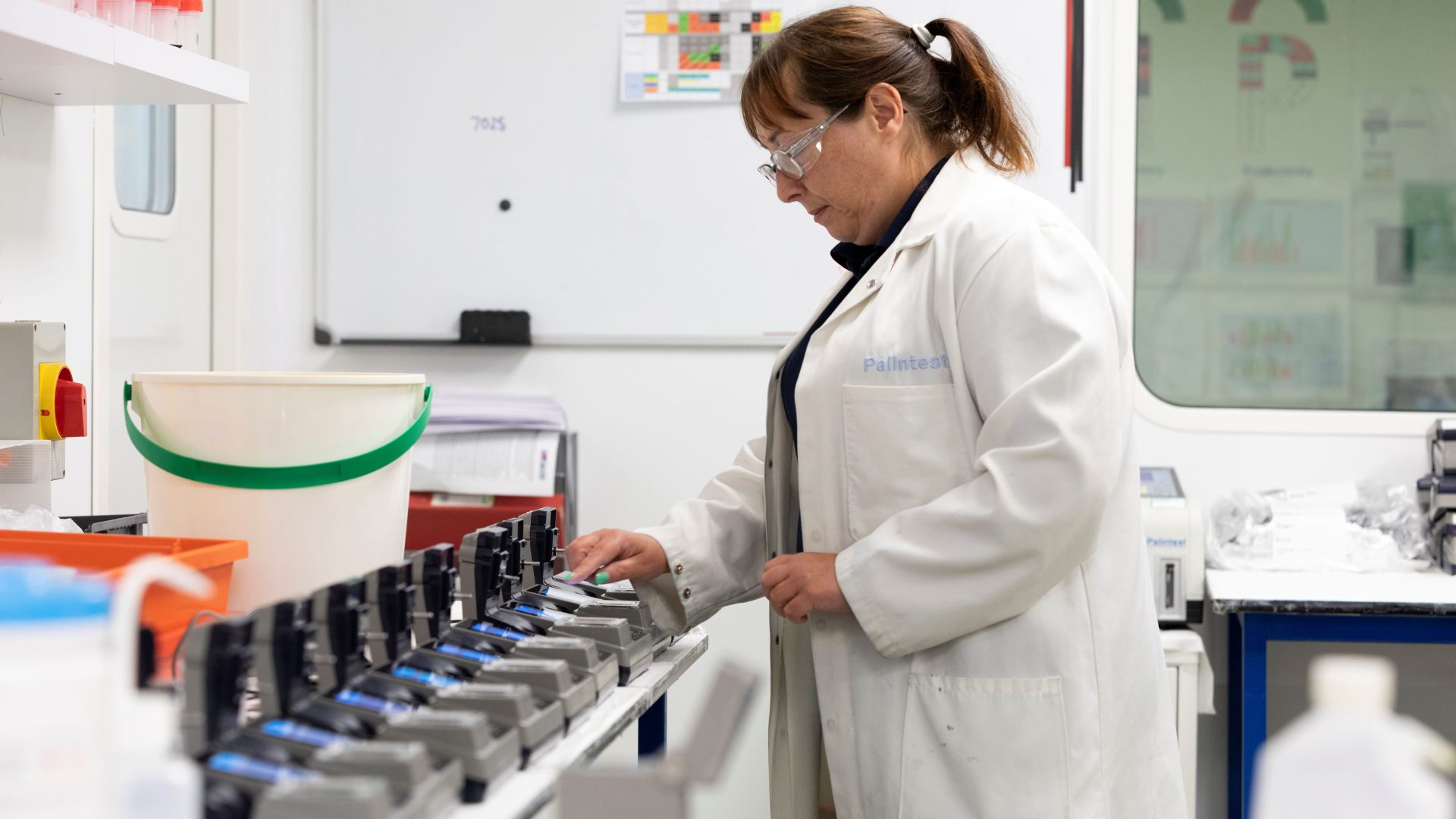Harmful levels of arsenic in drinking water can now be detected more rapidly and easily, thanks to technology developed by water analysis technology pioneer Palintest.
The company, which is headquartered in Gateshead, UK, has introduced a range of new arsenic sensors which can now be used in its portable Kemio™ Heavy Metals and Kemio™ Multi testing solutions.
The Kemio™ Heavy Metals and Kemio™ Multi systems don’t require any specialist training and tests can be performed on-site in minutes, meaning that a user can test for arsenic across more locations in a single day.
Palintest’s solutions provide users with a safer testing method than other common field-testing procedures, which use toxic chemicals such as mercury bromide in the testing process.
Kemio™ Heavy Metals and Kemio™ Multi have been designed for use in remote, hard to reach areas away from laboratory and healthcare infrastructure.
A number of countries are affected by high levels of arsenic in ground water: these include India, Bangladesh, Pakistan, Nepal, China, Nigeria, Mexico, Chile and Argentina.
The World Health Organisation’s (WHO’s) current recommended limit for arsenic in drinking water is 10 μg/L. However in many areas, arsenic in ground water far exceeds this level. According to the WHO, millions of people around the world are exposed to arsenic at concentrations of 100 μg/L or greater.
Arsenic contamination is of particular concern where groundwater from wells is used for drinking, irrigation, cooking and cleaning, and in areas where there is a lack of water treatment infrastructure.
Arsenic is a naturally occurring heavy metal which can enter ground water after it is released from soil and rocks.
Long-term exposure to arsenic can cause cancer and skin lesions, and it has also been associated with cardiovascular disease and diabetes.
The new sensors used in Palintest’s Kemio™ Heavy Metals and Kemio™ Multi can detect arsenic from 2 to 250 μg/L.
The use of arsenic sensors with Palintest’s Kemio™ technology can enable governments, water companies, NGOs and communities to identify areas of arsenic contamination more quickly, take immediate action when harmful levels are identified, and mitigate risk.
Kemio™ Heavy Metals and Kemio™ Multi both have an IP67 rated waterproof design, which means they can be operated in wet and humid environments, and do not require laboratory-grade handling.
Kemio™ products also automatically log test data and store results. This provides traceable and auditable data, which can enable organisations carrying out testing to demonstrate regulatory compliance.
Palintest manufactures equipment for water quality monitoring and disinfection control and is a leading innovator in water analysis technology for the humanitarian, international aid and international development sectors. Its products support NGOs, charities and government agencies in saving lives and improving health through identifying safe water sources.
Palintest’s parent company, Halma plc, recently worked in partnership with WaterAid to deliver the Water for Life campaign, which aimed to tackle the global issue of safe drinking water. To support the campaign’s work in India, Palintest donated its Wagtech™ Potalab water testing kits to allow nearly 50 drinking water sources to be tested for several dangerous contaminants in the Bhagalpur and Buxar districts. Palintest also sent 18,000 individual arsenic tests to communities in these districts.
Mark Davison, managing director at Palintest, said: “Palintest is committed to developing technology that safeguards water for everyone and the introduction of these new arsenic sensors, for use in our Kemio™ Heavy Metals and Kemio™ Multi products, reinforces this.
“Through the launch of these sensors, Palintest can play a key role in protecting communities across the world from the dangers of arsenic contamination in drinking water.”
Shaurya Sheoran, product manager – sensors and microbiological range at Palintest, added: “With so many people at risk from high levels of arsenic in ground water – especially those in the developing world – it’s vital that they have access to accurate testing systems that can be deployed quickly and produce rapid results.
“Access to clean water can have a transformational impact and we’re proud to be developing solutions to the challenges facing communities in countries such as India, Bangladesh and Nepal.”
Established in the UK in 1989, but with a history dating back to the 1800s, Palintest has pioneered techniques and technology used in pool and spa water analysis, water management, the food and beverage industry and humanitarian aid.
For more information visit https://www.palintest.com/



